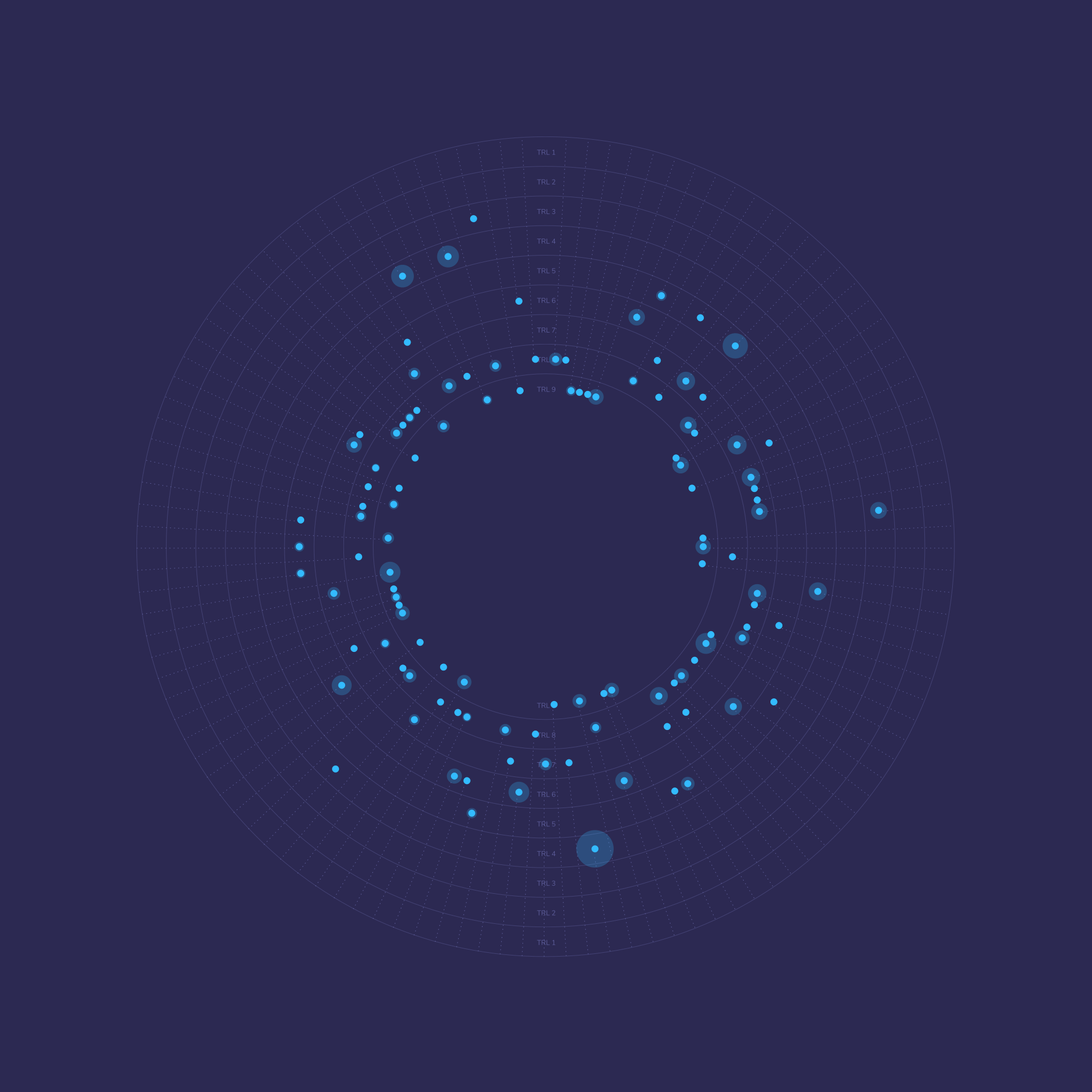Biobased Economy
Alex Turner
Michael Sapryhin @ stock.adobe.com
Biobased Economy
The biobased economy proposes an alternative economic model that maximizes the full range of materials within natural and renewable biological resources (biomass) and different biotechnologies. It aims to replace fossil fuel-based byproducts with more natural and circular materials, working towards a more sustainable approach to overall industrial output.
Chemicals present in plants, for instance, could be structurally identical to existing chemicals (‘drop-in’ chemicals) or even have new structures that would offer broad opportunities for alternative applications. Empirical research efforts are using biobased chemicals in products such as bioplastics, adhesives, Edible Packaging, and coatings such as Nitrogen-fixing Bacteria Coating, as well as in fine chemicals and pharmaceutical intermediates to replace materials that cause harm to the environment. Seaweed Biofertilizer, for example, can now provide a bio-based alternative to synthetic chemical fertilizers.
The biobased economy can also expand or create new markets for agricultural producers, boost innovation in domestic manufacturing, and stimulate sustainable economic growth that goes beyond food production itself.
However, this economic model relies on sustainable collection, harvesting, or cultivation of biomass. Algal Photobioreactors are a way to cultivate algae for a range of purposes, including but not limited to algal biofuel, animal feeds, and medicines. Where biomass is being produced, biosensors such as Electrochemical Nano Biosensors can monitor food traceability, quality, safety, and nutritional value. By integrating Nanobioremediation and business models such as Biosaline Agriculture, polluted or otherwise unusable land could be further revitalized.
Digitalization could also play a crucial role in aiding the transition towards a biobased economy. Initiatives range from new stock exchange platforms or Bartering Platforms for trading biobased materials to ingredient tracking and monitoring systems such as Blockchain Asset Tracking, and smart decentralized additive manufacturing systems such as 3D Printed Architecture. By having all these assets embedded in digital data, the process of monitoring and ensuring the integration of biobased materials within the economy will become more accountable and trackable.
The biobased economy may also be backed up with economic incentives and policies to promote sustainable behavior, such as environmental taxes that apply tax for companies, industries, and countries depending on the amount of pollution they generate. If industries, for instance, have high carbon emission rates, the tax will automatically adjust the fee proportionally to the amount of CO2 produced. There have been some notable successes in Europe, perhaps the most well known being Ireland's plastic bag levy which generated €200 million over a 12-year period, used to finance environmental projects across the country, and significantly reduced the amount of plastic bags in litter pollution.
Future Perspectives
The biobased economy encompasses agriculture, forestry, fisheries, biotechnology, food, and industrial sectors ranging from the production of energy carriers and chemicals to buildings and transport. By creating new, high-value products and components from renewable, sustainably-sourced biological raw materials, biobased industries could substitute old paradigms such as the lineal economy. In a world where biobased materials are the primary resource from all sectors, the human relationship with nature will likely shift into other, yet-to-be measured perspectives.
With the current state of climate change, depleting oil stocks and rising energy demands, improved and more efficient use of natural resources is crucial to ensuring a significant reduction in CO2 emissions and guaranteeing fair bioeconomic policies from a value chain perspective. Blockchain technology could provide immutability regarding both use of natural resources and measuring energy usage, guaranteeing that companies and countries are making progress towards the agreed-upon goals. Evolving integrations between artificial intelligence, IoT, and quantum computing with bio solution techniques will directly impact the viability of substantial changes towards a biobased economy.
